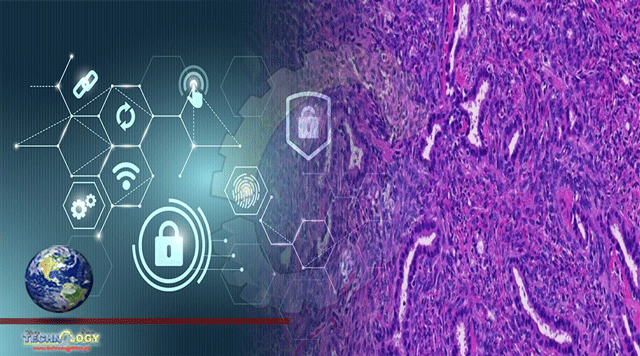Researchers have developed a tool that integrates a variety of molecular data from patients and tumors, with the goal of guiding precision medicine.

A promise of precision cancer medicine is for oncologists to tailor treatment based on a patient’s unique molecular profile. In practice, however, interpreting the vast array of data points which make up a person and their cancer is challenging, and only made more difficult as oncologists begin to consider additional complex features. Databases and analytical tools that oncologists might use typically focus on individual alterations in the somatic, or uninherited, protein-coding regions of the genome; they generally do not include other important types of genetic data such as inherited variation or somatic fusions in genes. Scientists and oncologists also typically consider these features in isolation, rather than together or alongside traits that characterize a tumor globally.
Now, researchers at the Dana-Farber Cancer Institute (DFCI) and the Broad Institute of MIT and Harvard have created a tool that may help improve the interpretation of tumor molecular profiles. The tool, called the Molecular Oncology Almanac and abbreviated as MOAlmanac, integrates different kinds of data from patients and their tumors to identify those connected to disease prognosis and resistance or sensitivity to therapeutics. The platform can also help researchers find a cancer cell line with a molecular profile similar to an individual tumor’s, as well as the drugs that can kill those cells or stall their growth in the lab.
Brendan Reardon, Eliezer Van Allen (associate member at the Broad and an associate professor at DFCI and Harvard Medical School), and colleagues developed MOAlmanac and tested it on different cohorts of patients. They found that it identified about two therapeutic strategies per patient and provided more clinical hypotheses than algorithms that only analyzed traditional kinds of data.
In the video below, Reardon and Van Allen discuss the advantages of their platform and its contribution to what they call the “democratization” of precision oncology—they hope that one day any physician will be able to use their tool, regardless of their geographic location or the kind of data they have.
Originally published by MedicalXpress